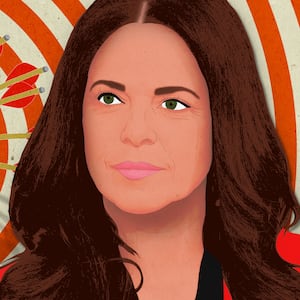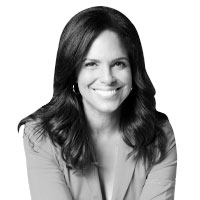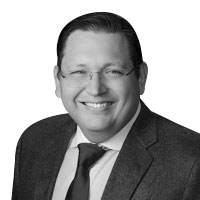This week, Soledad O’Brien releases the documentary Outbreak: The First Response—a look at how public health cared for its most vulnerable in the place where COVID-19 first arrived in the U.S. The documentary airs on Hearst Television’s NBC and CBS stations at 8 p.m. on Friday, and on Hearst Television’s ABC stations on Wednesday at 8 p.m.
America is burning. Or, more correctly, America has been burning. It’s just gotten harder to ignore. Long before Americans had even heard of COVID-19, homelessness was a major national problem; the federal minimum wage hadn’t increased in a decade; approximately half of all Americans reported living paycheck to paycheck; paid sick leave was unavailable to about one-fifth of our nation’s workforce; and income inequality had reached a five-decade high.
Infectious diseases are typically an egalitarian leveler among society; equally impacting broad cross-sections of our communities. COVID-19 has proven different. Black people, people of color, and those experiencing poverty bear a disproportionate burden of COVID-19 mortality. The virus is an equal-opportunity infector but has found itself in an unequal environment. These vulnerable populations experience greater rates of underlying, chronic conditions; have greater exposure to poor air quality; are more likely to live in crowded and congregate housing; and are disproportionately represented in essential (or maybe expendable) frontline jobs not easily done from home. This confluence of circumstances, which were pre-pandemic realities, created the conditions for the perfect storm we find ourselves in now.
The pandemic should have brought the nation together. In times of crisis, we typically see past our prejudices and partisan bickering to find agreement on the common threats to our nation, even though ideological and policy disagreements may persist. It would have been inconceivable during World War II for people to call the bombing of Pearl Harbor “fake news” or claim that Germany was not a threat. However, rather than bridging our divide, COVID-19 has intensified it. Physical conflicts have erupted over mask-wearing and social distancing. Social media channels have provided a vehicle for misinformation, conspiracy theories, and outright lies about the virus.
COVID-19 was the match, but decades of inequity and injustice provided plenty of gasoline. American hubris and political divisions along with a willful ignorance of system disparities darken our future. The decision ahead is whether we simply weather the storm or build the necessary infrastructure to prevent them in the future.
Our response thus far has been predictable. Congress missed an opportunity to close one of the most significant gaps in our preparedness and disease-response efforts—universal access to paid sick leave—and opted only to provide temporary measures with significant restrictions. Similarly, the charitable spirit, which is so strong in the U.S., responded quickly. Athletes offered to pay the salaries of arena workers. Celebrities and musicians have led fundraisers and food drives. This is charity. It helps—temporarily. But, it is not change. It’s like throwing a stone in a river—it can make a ripple, but the current always corrects itself. Like President Roosevelt’s New Deal or President Johnson’s Great Society, we need to usher in new strategies and policies that indelibly change the current.
Fortunately, while the virus may be novel, we already know the solutions we need to strengthen our country’s ability to recover from this pandemic and ensure resilience against future threats. To build vibrant communities and thriving economies, we need lasting investments in public health to protect communities and improve health in times of outbreaks and all other times. We need to reverse decades of racist policies and systems. We need affordable housing, a livable wage, access to healthy food, educational opportunity, universal early education.

Medical workers take in patients at a special coronavirus intake area at Maimonides Medical Center on April 07, 2020, in Brooklyn, New York.
Spencer Platt/GettyWhat we have been lacking is political will.
Yes, America is burning, but fire does more than destroy. It provides an opportunity for rebuilding and growth. To reflect on the inclusivity, or lack thereof, of the American experiment. To define our success not by our own personal balance sheets and stock portfolios but embracing that together we are only as healthy as the least healthy among us. To focus our charitable spirit into a demand for change.
We are learning a hard lesson about the role of government in maintaining our safety and the truth that absolute individualism is a myth in a functional society. The cost of these lessons can be measured by unemployment, economic failing, and lives lost. The question is whether we use this experience to change our future or let it become just a footnote in a history book.



